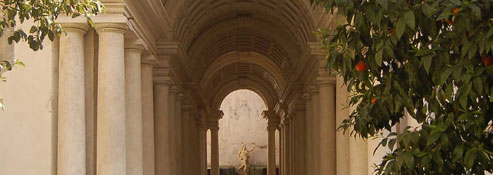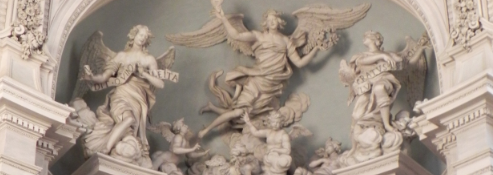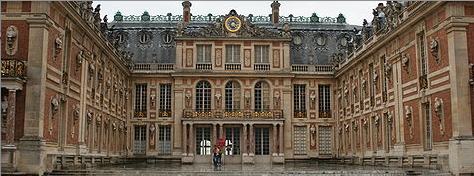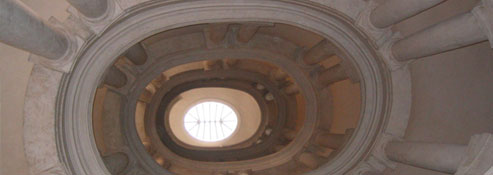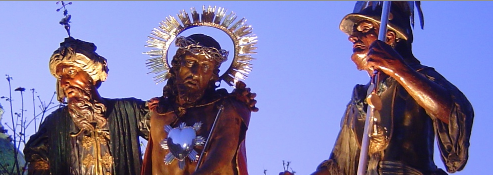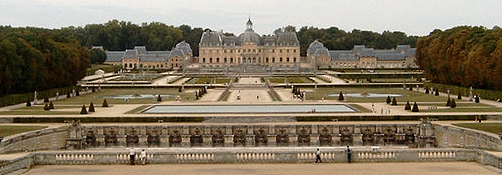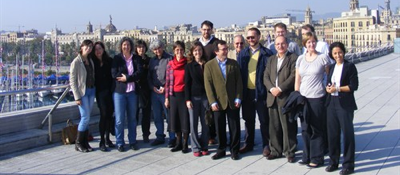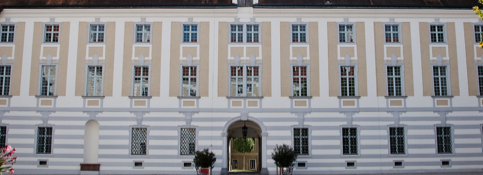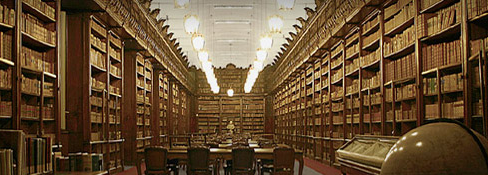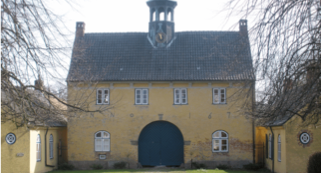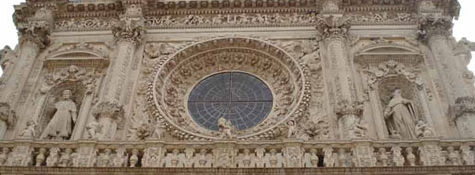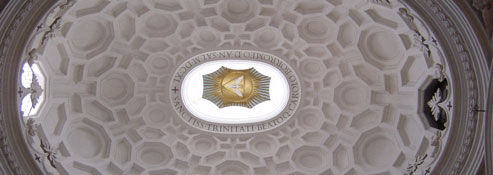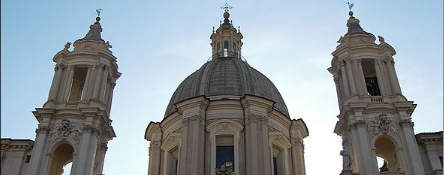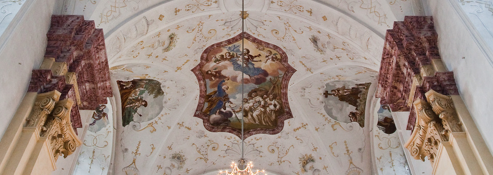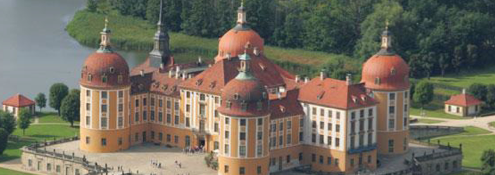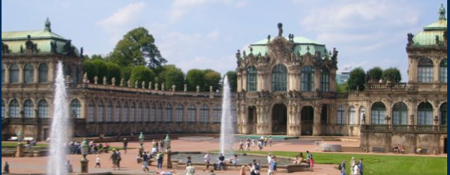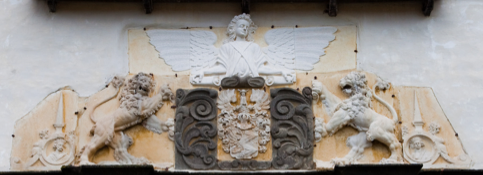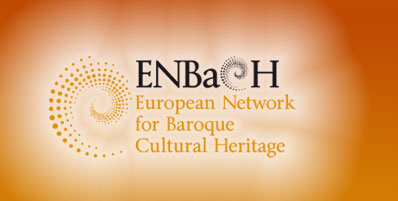ENBaCH's proponents are centers, groups and individual scholars working in different disciplinary and methodological fields: art, literature, natural philosophy, theology and religious practices, political theory and political institutions, economic and social interactions. Each of these fields has its own "epistemological canon" - the result of a long process of sedimentation - that organizes the fundamental questions, the hierarchies of the scientific issues and the methodological approaches of the field. We aim at elaborating an innovative interdisciplinary way of approaching the study of past events, that will cross disciplinary boundaries while keeping each discipline's peculiarties.
ENBaCH's goal is to reconstruct baroque society and culture without relying on the usual "grand narratives" but presenting baroque European peoples and societies, with all their different political, religious, and cultural histories, as the outcomes of contacts, exchanges, mutual influences, rivalries, challenges and conflicts. The interaction among different disciplinary approaches and scientific results serves this end by:
1. stressing the correlations among the different scientific fields in order to recompose a reality arbitrarily split by the dissimilar disciplinary canons;
2. exploiting the coherences and the contradictions emerging from the different classes of phenomena to reach a deeper knowledge of the society and culture at stake.
ENBaCH's end is to widen the existing interdisciplinary cooperation and to adopt an approach that rejects arbitrary compartments of social and cultural phenomena that actually were a whole. Moreover, since ENBaCH aims at analyzing the circulation through Europe of ideas, aesthetics, institutions, cultural artefacts, social practices, etc. we must investigate the different media of this circulation. We thus intend to elaborate an original and innovative research method, able to cope with the complexity of the approaches and the multiplicity of the interconnections among the phenomena under scrutiny, as well as with the simultaneous use of heterogeneous series of data.
The idea is not only to improve the analysis of any coherent series of data with the suggestions coming from a contiguous research field but, more ambitiously, to generate new interpretive instruments through the systematic dialogue/confrontation between phenomena traditionally dealt with within different frameworks.



